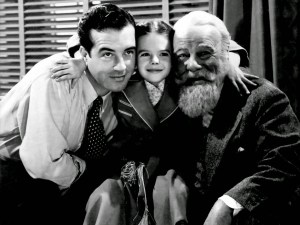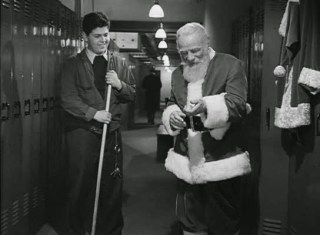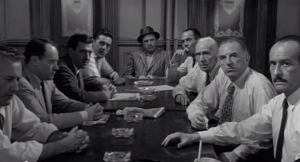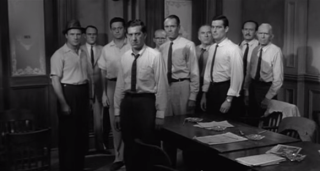 Upon watching A Few Good Men for the first time, it was hard not to draw parallels with An Officer and a Gentlemen for some reason and it went beyond some cursory elements such as both films involving branches of the military. Perhaps more so than that is the intensity that manages to surge through the plot despite the potentially stagnant battleground like Cadet Schools, Courtrooms, and the like. And that can in both cases is a testament to the stellar performances in front of the camera.
Upon watching A Few Good Men for the first time, it was hard not to draw parallels with An Officer and a Gentlemen for some reason and it went beyond some cursory elements such as both films involving branches of the military. Perhaps more so than that is the intensity that manages to surge through the plot despite the potentially stagnant battleground like Cadet Schools, Courtrooms, and the like. And that can in both cases is a testament to the stellar performances in front of the camera.
Instead of a seething Richard Gere, we get the smart aleck wunderkind Tom Cruise as Daniel Kaffee. The full-throttle turn by Lou Gossett Jr. is matched in this film by another sneering tour de force from none other than Jack Nicholson as Colonel Nathan Jessup. Most refreshingly of all we trade out the heartfelt yet admittedly schmaltzy romance of Gere and Debra Winger for the professional tension that underlies Kaffee’s relationship with his colleague Joanne Galloway. Demi Moore, surprise, surprise, is more than a love interest even if Cruise is in the driver’s seat and that is a commendable creative decision by screenwriter Aaron Sorkin. Because their characters have two feet to stand on without having to dive headlong into a full-fledged romance. There’s already enough at stake without having to enter any further into melodramatic territory.
The men involved are two young U.S. Marines stationed in Guatamano Bay who are charged with the murder of one of their compatriots, one William Santiago. Galloway is eager to play point on the case, only to get passed over for Daniel Kaffee a plea bargain king who nevertheless has little courtroom experience or passion for his work. His stint in the navy seems only to be in respect to his late father, who was one of the preeminent judges of his day. Daniel will forever live in his shadow and instead of taking his work seriously, he devotes his efforts to the company baseball team.
Still, joined by Joanne and the veteran support of Lieutenant Sam Weinberg (Kevin Pollak), he begins to realize that there is more at stake in this case even if he doesn’t want to deal with it. As the young marines constantly beat into his skull this isn’t about getting the cushiest deal, it’s about their very honor, the code that they live by as united states Marines.
While hesitant Kaffee agrees to bring the case into the courts realizing what is at stake but it’s also in these precise moments that he realizes the need to man up instead of taken the path of least resistance as has always been his M.O. But of course, doing such a brazen thing has consequences for the young Lieutenant bringing him up against people much bigger than he is, namely the aforementioned Colonel Jessup. Because there is something running down the line of command that simply does not add up going from Jessup, to his Lt. Colonel Markinson (J.T. Walsh), one Lt. Kendrick (Keifer Sutherland), down to one of the accused Lance Corporal Dawson (Wolfgang Bodison). Kaffee takes a chance on the truth and that’s where the film blows up.
In our sound byte culture “You can’t handle the truth” has been perfect fodder for parody and the like. But doing so we take it out of context and as a culture we seem to be very adept at doing that. Misconstruing information and ultimately succeeding in draining words of all their impact. But when Colonel Jessup lets the words fly under tense interrogation from Lt. Daniel Kaffee there’s so much rooted in those words.
The film probably does not dig into this issue enough but it does imply something. As Americans who take pride in our freedoms, in our very Americanism, are we so naïve as to believe that it does not come without a cost? Not simply of human life but of perhaps darker realities that are kept under wraps for the good of the people, for the betterment of society. It’s a cliché saying, but the old adage goes that you cannot make an omelet without breaking a few eggs and I know that’s a rather callous statement, how far from the truth is that actually?
I’ve heard a quote attributed to Winston Churchill something to the affect that Truth is so precious she should be protected with a bodyguard of lies. And if this film is any indication, not only truth but our very freedoms or the things we use to define freedoms like honor and codes are indubitably hidden away and swept under the rug.
So A Few Good Men ends on a poignant note because at the very basic, ground level it is an underdog story played out in a courtroom. It has Tom Cruise playing the young Tom Cruise character we know (and maybe love). And that brings me to the final general parallel I found with Officer and a Gentlemen. Both films are invariably predictable and they play to our sensibilities as an audience, yet despite those very things, they manage to be moving and strangely compelling human dramas.
Rob Reiner might not be called an auteur and we unfortunately, are still waiting for his next great picture but his string of modern classics during the 80s and 90s are a joy for the very qualities mentioned above. Everyone can enjoy them and A Few Good Men is yet another example of that.
4/5 Stars

 Sophie Scholl: The Final Days is a film that people need to see or at the very least people need to know the story being told. For those who don’t know, Sophie Scholl was a twenty-something college student. That’s not altogether extraordinary. But her circumstances and what she did in the midst of them were remarkable.
Sophie Scholl: The Final Days is a film that people need to see or at the very least people need to know the story being told. For those who don’t know, Sophie Scholl was a twenty-something college student. That’s not altogether extraordinary. But her circumstances and what she did in the midst of them were remarkable. You could say that Fritz Lang was fascinated, even preoccupied with issues of justice. M, Fury, and You Only Live Once all take a particular interest in crime in relation to systems of justice while still functioning as tense thrillers. Although Fury was his first film across the pond in Hollywood, Lang maintained his fine form in a potent debut.
You could say that Fritz Lang was fascinated, even preoccupied with issues of justice. M, Fury, and You Only Live Once all take a particular interest in crime in relation to systems of justice while still functioning as tense thrillers. Although Fury was his first film across the pond in Hollywood, Lang maintained his fine form in a potent debut.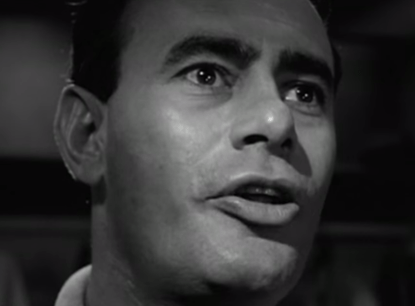
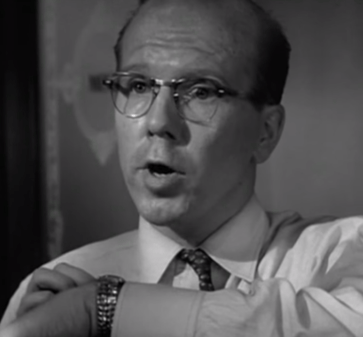
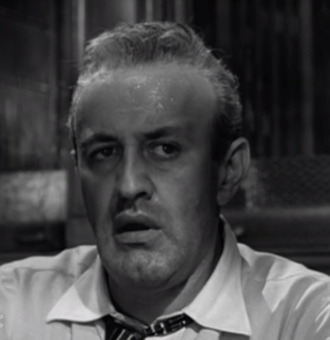
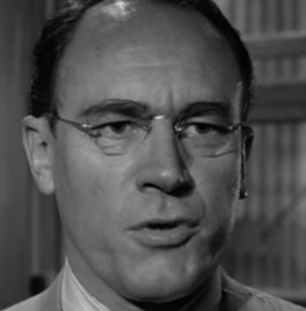
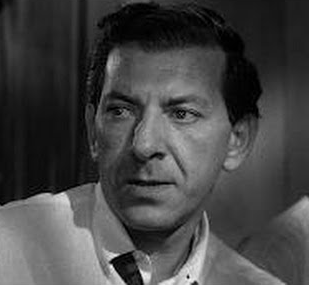
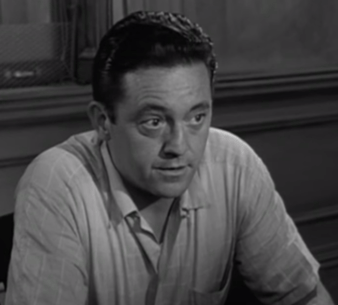


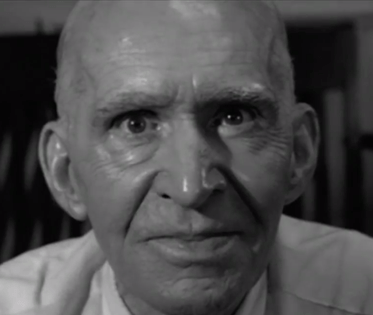
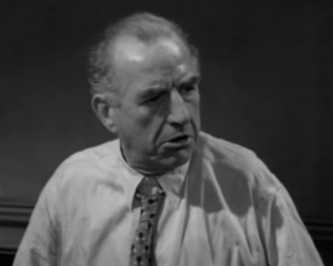
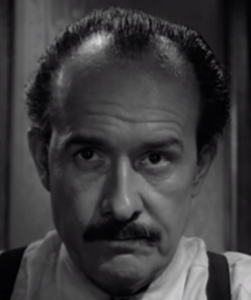
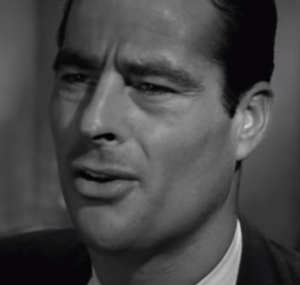
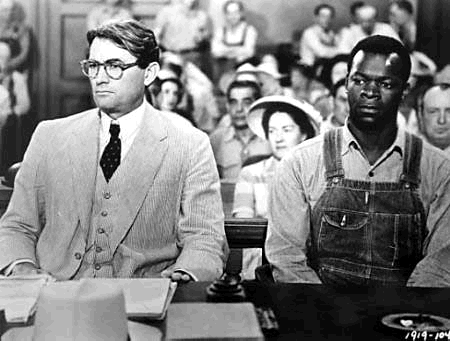
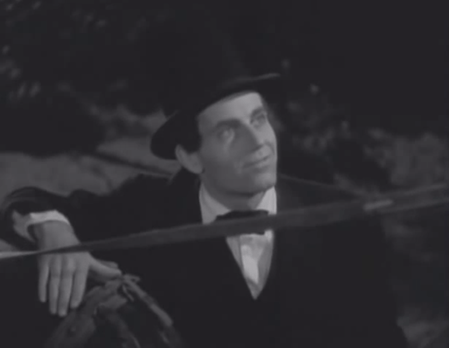
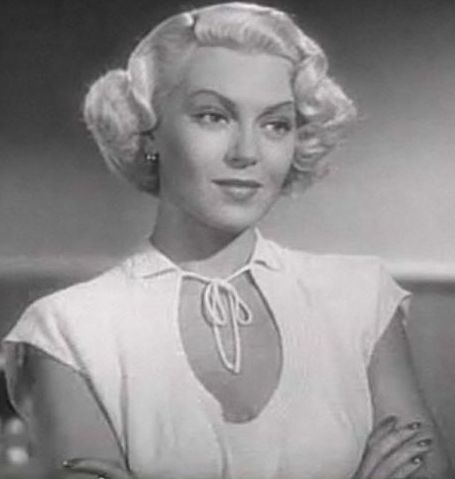

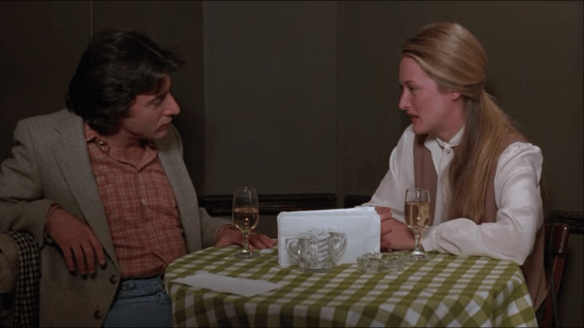 I admire the portrayals, however, because Hoffman’s character is far from an angel (sometimes prone to outbursts), and yet he acknowledges his shortcomings and proves just how all encompassing his love for his son is. Meryl Streep, on her part, is relatable but it is still difficult to reconcile her leaving. By the end however, it is quite easy to feel sympathy for her and she too proves to be a well-meaning, albeit, flawed individual.
I admire the portrayals, however, because Hoffman’s character is far from an angel (sometimes prone to outbursts), and yet he acknowledges his shortcomings and proves just how all encompassing his love for his son is. Meryl Streep, on her part, is relatable but it is still difficult to reconcile her leaving. By the end however, it is quite easy to feel sympathy for her and she too proves to be a well-meaning, albeit, flawed individual.